When it comes to footwear, the age-old debate between leather shoes and synthetic leather shoes continues to divide consumers. Both options have their own set of advantages and disadvantages, making it crucial for individuals to weigh their priorities and preferences before making a purchase. In this article, we delve into the characteristics of leather and synthetic leather shoes to help you make an informed decision on which type of shoe is the best fit for your needs. Durability: One of the key factors that customers consider when purchasing shoes is durability. Leather shoes are renowned for their longevity, as high-quality leather has excellent resistance to wear and tear. With proper care and maintenance, leather shoes can last for many years, making them a worthwhile investment for those looking for a long-term footwear option. On the other hand, synthetic leather shoes, while more affordable, typically do not match the lifespan of their genuine leather counterparts. Synthetics are more prone to scuffing, tearing, and general deterioration over time. However, advancements in synthetic materials have led to the development of more durable options that can offer decent longevity with proper care. Comfort: Comfort is paramount when it comes to footwear, as wearing uncomfortable shoes can lead to a host of foot problems. Leather shoes have a natural ability to conform to the shape of the wearer’s foot over time, providing a custom fit that enhances comfort with each wear. Additionally, leather is a breathable material that helps to regulate foot temperature and reduce the likelihood of sweat and odors, making it a preferred choice for those looking for all-day comfort. Synthetic leather shoes, while generally lightweight and soft to the touch, may not offer the same level of breathability as genuine leather. This can result in a less comfortable wearing experience, especially in warm weather when ventilation is crucial. However, synthetic materials can be engineered to provide cushioning and support, offering a comfortable fit for those who prioritize these features. Style and Aesthetics: Shoes are not just functional items but also fashion statements that can elevate an outfit and showcase personal style. Leather shoes are often associated with a classic and sophisticated aesthetic, making them a versatile option that can be dressed up or down for various occasions. The natural grains and textures of leather add a touch of luxury to any outfit, making leather shoes a timeless choice for those who value style and elegance. Synthetic leather shoes come in a wide range of styles and finishes, offering consumers a plethora of options to suit their individual preferences.
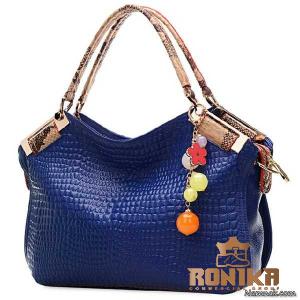
.
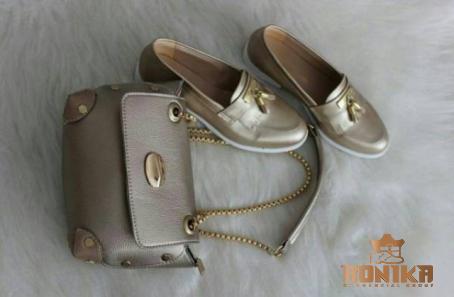
From sleek patent finishes to trendy metallic hues, synthetic materials can mimic the look of leather at a fraction of the cost. While synthetic shoes may not have the same prestige as genuine leather, they provide a budget-friendly way to experiment with different styles and trends without breaking the bank. Environmental Impact: In recent years, there has been a growing awareness of the environmental impact of consumer goods, including footwear. Leather production is known to have a significant ecological footprint, as it involves the use of chemicals and intensive water consumption in the tanning process. Additionally, the livestock industry, which is a primary source of leather, is linked to deforestation, greenhouse gas emissions, and animal welfare concerns. Synthetic leather, also known as faux leather, is often touted as a more sustainable alternative to traditional leather due to its lower environmental impact. Synthetic materials are typically made from polyurethane or PVC, which require fewer resources to produce and are cruelty-free. While synthetic shoes may not be biodegradable like leather, they offer an eco-friendly option for consumers who are conscious of their environmental impact. Water Resistance: Another important consideration when choosing shoes is their ability to withstand moisture and inclement weather conditions. Leather shoes have natural water-resistant properties that can protect the feet from rain and snow, keeping them dry and comfortable in wet conditions. Additionally, leather can be treated with waterproofing agents to enhance its water resistance and prolong its lifespan. Synthetic leather shoes, depending on the material used, may offer varying levels of water resistance. Some synthetic materials are inherently water-resistant, making them ideal for outdoor activities or rainy climates. However, not all synthetic shoes are waterproof, so it is important to check the product specifications or apply a protective spray to enhance their water resistance. Price: Price plays a significant role in the decision-making process when purchasing shoes, as it determines the affordability and value of the product. Leather shoes are typically more expensive than synthetic leather shoes due to the cost of production and the quality of the material. While leather shoes may require a higher upfront investment, their durability and timeless appeal can justify the higher price tag in the long run. Synthetic leather shoes, on the other hand, are a budget-friendly option for consumers looking for affordable footwear that mimics the look and feel of leather.
..
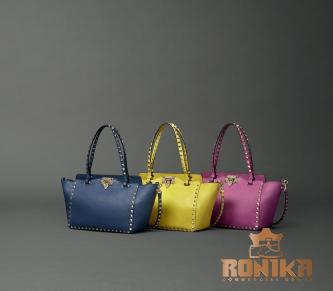 Synthetic materials are cheaper to produce, making synthetic shoes a cost-effective choice for those on a tight budget or those who prefer to rotate their shoe collection frequently to keep up with the latest trends. Maintenance: Proper maintenance is essential to prolong the lifespan of your shoes and keep them looking their best. Leather shoes require regular care to maintain their appearance and durability, including cleaning, conditioning, and polishing. Investing in high-quality leather care products and following a consistent maintenance routine can help to protect your leather shoes from damage and ensure that they age gracefully over time. Synthetic leather shoes, while generally easier to clean and maintain than leather, may not be as resilient to wear and tear in the long term. Synthetic materials can be prone to cracking, peeling, and fading if not properly cared for, so it is important to follow the manufacturer’s instructions for cleaning and storage to preserve the condition of your synthetic shoes. Conclusion: In conclusion, the choice between leather shoes and synthetic leather shoes ultimately boils down to personal preferences, priorities, and budget constraints. Leather shoes offer unparalleled durability, comfort, and style, making them a timeless investment for those who value quality craftsmanship and long-lasting footwear. On the other hand, synthetic leather shoes provide a more affordable and eco-friendly alternative that caters to a wide range of style preferences and budgetary considerations. Whether you opt for the luxury of genuine leather or the versatility of synthetic materials, it is crucial to carefully evaluate the characteristics and features of each type of shoe to make an informed decision that aligns with your needs and values. By weighing the pros and cons of leather and synthetic leather shoes against your preferences in terms of durability, comfort, style, environmental impact, water resistance, price, and maintenance, you can select the footwear that best suits your individual lifestyle and preferences. Ultimately, the decision between leather and synthetic leather shoes comes down to a balance of factors that are important to you as a consumer. Here are some key takeaways to consider before making your purchase: 1. **Durability:** Leather shoes are known for their longevity and ability to withstand wear and tear, making them a wise investment for those seeking long-lasting footwear. Synthetic leather shoes may not offer the same durability as genuine leather, but advancements in materials have produced more durable options.
Synthetic materials are cheaper to produce, making synthetic shoes a cost-effective choice for those on a tight budget or those who prefer to rotate their shoe collection frequently to keep up with the latest trends. Maintenance: Proper maintenance is essential to prolong the lifespan of your shoes and keep them looking their best. Leather shoes require regular care to maintain their appearance and durability, including cleaning, conditioning, and polishing. Investing in high-quality leather care products and following a consistent maintenance routine can help to protect your leather shoes from damage and ensure that they age gracefully over time. Synthetic leather shoes, while generally easier to clean and maintain than leather, may not be as resilient to wear and tear in the long term. Synthetic materials can be prone to cracking, peeling, and fading if not properly cared for, so it is important to follow the manufacturer’s instructions for cleaning and storage to preserve the condition of your synthetic shoes. Conclusion: In conclusion, the choice between leather shoes and synthetic leather shoes ultimately boils down to personal preferences, priorities, and budget constraints. Leather shoes offer unparalleled durability, comfort, and style, making them a timeless investment for those who value quality craftsmanship and long-lasting footwear. On the other hand, synthetic leather shoes provide a more affordable and eco-friendly alternative that caters to a wide range of style preferences and budgetary considerations. Whether you opt for the luxury of genuine leather or the versatility of synthetic materials, it is crucial to carefully evaluate the characteristics and features of each type of shoe to make an informed decision that aligns with your needs and values. By weighing the pros and cons of leather and synthetic leather shoes against your preferences in terms of durability, comfort, style, environmental impact, water resistance, price, and maintenance, you can select the footwear that best suits your individual lifestyle and preferences. Ultimately, the decision between leather and synthetic leather shoes comes down to a balance of factors that are important to you as a consumer. Here are some key takeaways to consider before making your purchase: 1. **Durability:** Leather shoes are known for their longevity and ability to withstand wear and tear, making them a wise investment for those seeking long-lasting footwear. Synthetic leather shoes may not offer the same durability as genuine leather, but advancements in materials have produced more durable options.
…
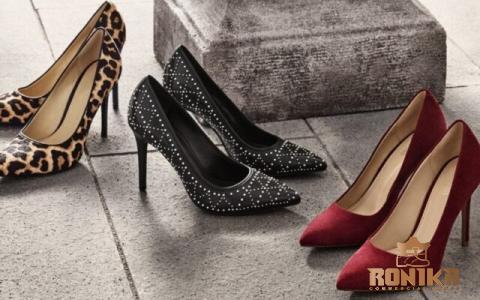 2. **Comfort:** Leather shoes mold to the shape of your feet over time, providing a custom fit that enhances comfort. While synthetic leather shoes can be lightweight and soft, they may not offer the same level of breathability and comfort as genuine leather. 3. **Style and Aesthetics:** Leather shoes exude a classic and sophisticated aesthetic, while synthetic leather shoes offer a wide range of styles and finishes to suit different preferences and trends. 4. **Environmental Impact:** Leather production is associated with environmental concerns such as deforestation and greenhouse gas emissions, while synthetic leather is considered a more sustainable alternative due to its lower environmental impact. 5. **Water Resistance:** Leather shoes have natural water-resistant properties, making them ideal for wet conditions. Synthetic leather shoes may offer varying levels of water resistance, depending on the material used. 6. **Price:** Leather shoes are typically more expensive than synthetic leather shoes, reflecting the quality of the material and craftsmanship. Synthetic leather shoes are a budget-friendly option for those looking for affordable footwear. 7. **Maintenance:** Leather shoes require regular care and maintenance to preserve their appearance and durability, while synthetic leather shoes are generally easier to clean but may be less resilient to wear and tear in the long term. Ultimately, whether you choose leather or synthetic leather shoes, it is important to prioritize factors that are most important to you, such as durability, comfort, style, environmental impact, water resistance, price, and maintenance. By taking into account these considerations and aligning them with your personal preferences and values, you can make an informed decision that best meets your footwear needs. In conclusion, both leather and synthetic leather shoes have their own unique benefits and drawbacks, and the choice between them ultimately depends on your individual preferences and priorities. Whether you value the durability and luxury of leather or the affordability and versatility of synthetic materials, both options offer a range of features to cater to your style, comfort, and budget requirements. Making the right choice between leather and synthetic leather shoes involves weighing these factors carefully and selecting the footwear that aligns with your lifestyle and values. Whichever option you choose, investing in quality footwear that suits your needs will serve you well in the long run.
2. **Comfort:** Leather shoes mold to the shape of your feet over time, providing a custom fit that enhances comfort. While synthetic leather shoes can be lightweight and soft, they may not offer the same level of breathability and comfort as genuine leather. 3. **Style and Aesthetics:** Leather shoes exude a classic and sophisticated aesthetic, while synthetic leather shoes offer a wide range of styles and finishes to suit different preferences and trends. 4. **Environmental Impact:** Leather production is associated with environmental concerns such as deforestation and greenhouse gas emissions, while synthetic leather is considered a more sustainable alternative due to its lower environmental impact. 5. **Water Resistance:** Leather shoes have natural water-resistant properties, making them ideal for wet conditions. Synthetic leather shoes may offer varying levels of water resistance, depending on the material used. 6. **Price:** Leather shoes are typically more expensive than synthetic leather shoes, reflecting the quality of the material and craftsmanship. Synthetic leather shoes are a budget-friendly option for those looking for affordable footwear. 7. **Maintenance:** Leather shoes require regular care and maintenance to preserve their appearance and durability, while synthetic leather shoes are generally easier to clean but may be less resilient to wear and tear in the long term. Ultimately, whether you choose leather or synthetic leather shoes, it is important to prioritize factors that are most important to you, such as durability, comfort, style, environmental impact, water resistance, price, and maintenance. By taking into account these considerations and aligning them with your personal preferences and values, you can make an informed decision that best meets your footwear needs. In conclusion, both leather and synthetic leather shoes have their own unique benefits and drawbacks, and the choice between them ultimately depends on your individual preferences and priorities. Whether you value the durability and luxury of leather or the affordability and versatility of synthetic materials, both options offer a range of features to cater to your style, comfort, and budget requirements. Making the right choice between leather and synthetic leather shoes involves weighing these factors carefully and selecting the footwear that aligns with your lifestyle and values. Whichever option you choose, investing in quality footwear that suits your needs will serve you well in the long run.
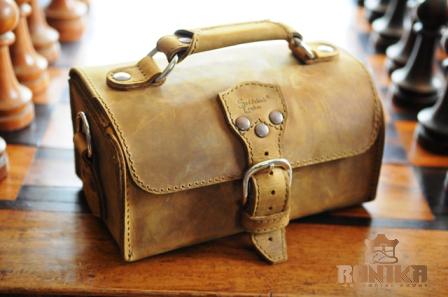
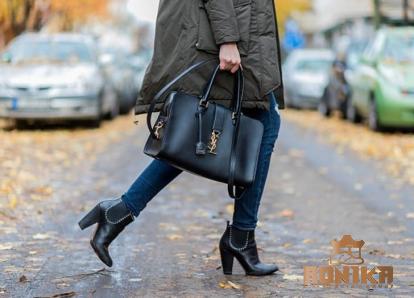
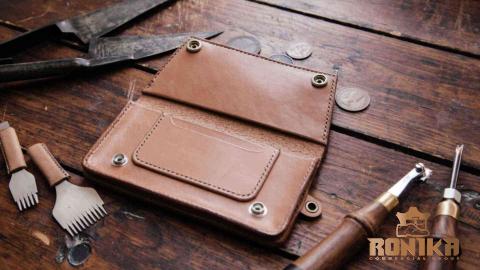
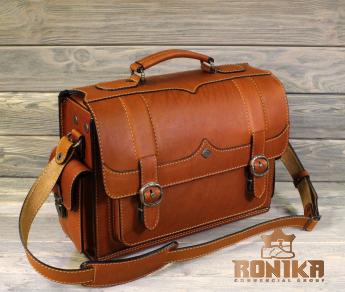
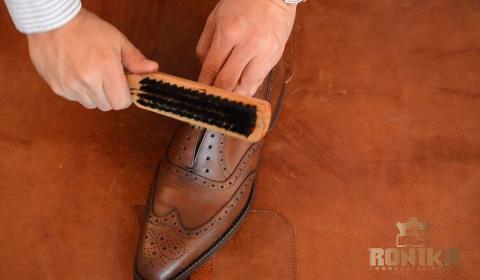
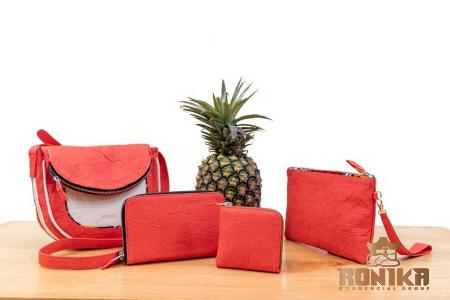
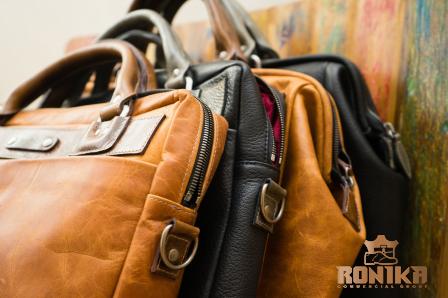
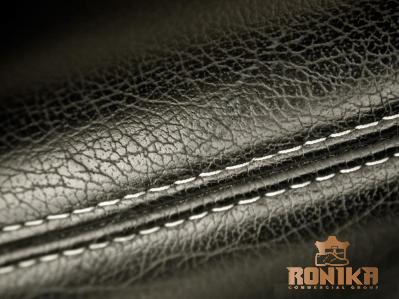
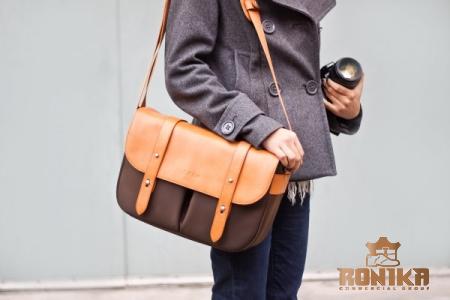
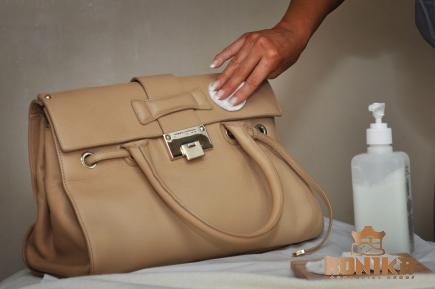
Your comment submitted.